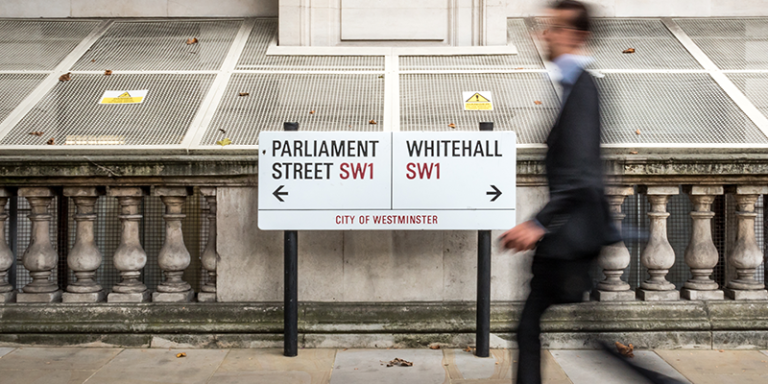Politicisation of the Civil Service will result in worse outcomes for citizens
3 May 2023
Politicians have a natural instinct to want to politicise the civil service but it's important they understand the downsides, including the impact on government effectiveness

Politicians are advocating for an expansion of political appointments in the country's civil service. They could be forgiven for doing so: politicians invariably prefer more political control: it makes the civil service more responsive to their preferences.
Expanding the scope of political appointments can come with important downsides, however. Political appointments can undermine the competence of the civil service by prioritizing political loyalty over expertise. It can also lead to the rewarding of political supporters with jobs in government rather than promoting better governance. Perhaps the most alarming potential outcome is greater collusion between politicians and civil servants. Those in high-level positions owe their jobs to politicians, making them more responsive to their demands, whether they are in the best interest of citizens or not. Ultimately, this could erode checks and balances in the government.
Given these trade-offs, what ultimately matters, is whether expanding political appointments leads to better outcomes for citizens.
The conclusions from dozens of quantitative and qualitative studies on this question are clear: politicization leads to worse outcomes, including greater corruption and poorer service delivery to citizens. For example, in the United States, government agencies with more political appointments have been found to give out more government contracts to firms connected to the party in power, even if they are not the most cost-effective option.
A government serious about improving effectiveness would, instead, look to civil service characteristics in which the country scores poorly internationally, such as public sector pay. Salary satisfaction in the UK civil service, for instance, is about half that in the U.S. and at the bottom end internationally. In some UK government organizations, pay satisfaction of public employees is lower than in, for instance, Liberia and Ethiopia. Research suggests that low salaries harm a country’s ability to attract and retain skilled and motivated civil servants.
Reform of the UK civil service is thus needed, but politicizing the civil service is not the answer to the UK’s government effectiveness challenges. To the contrary, for all we know, it will make government less effective and more corrupt.
 Close
Close

